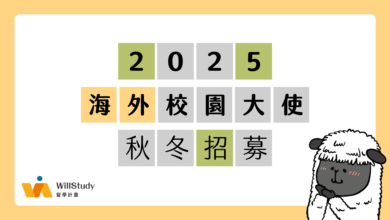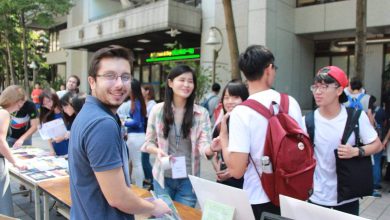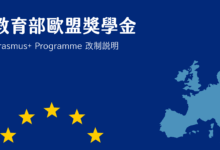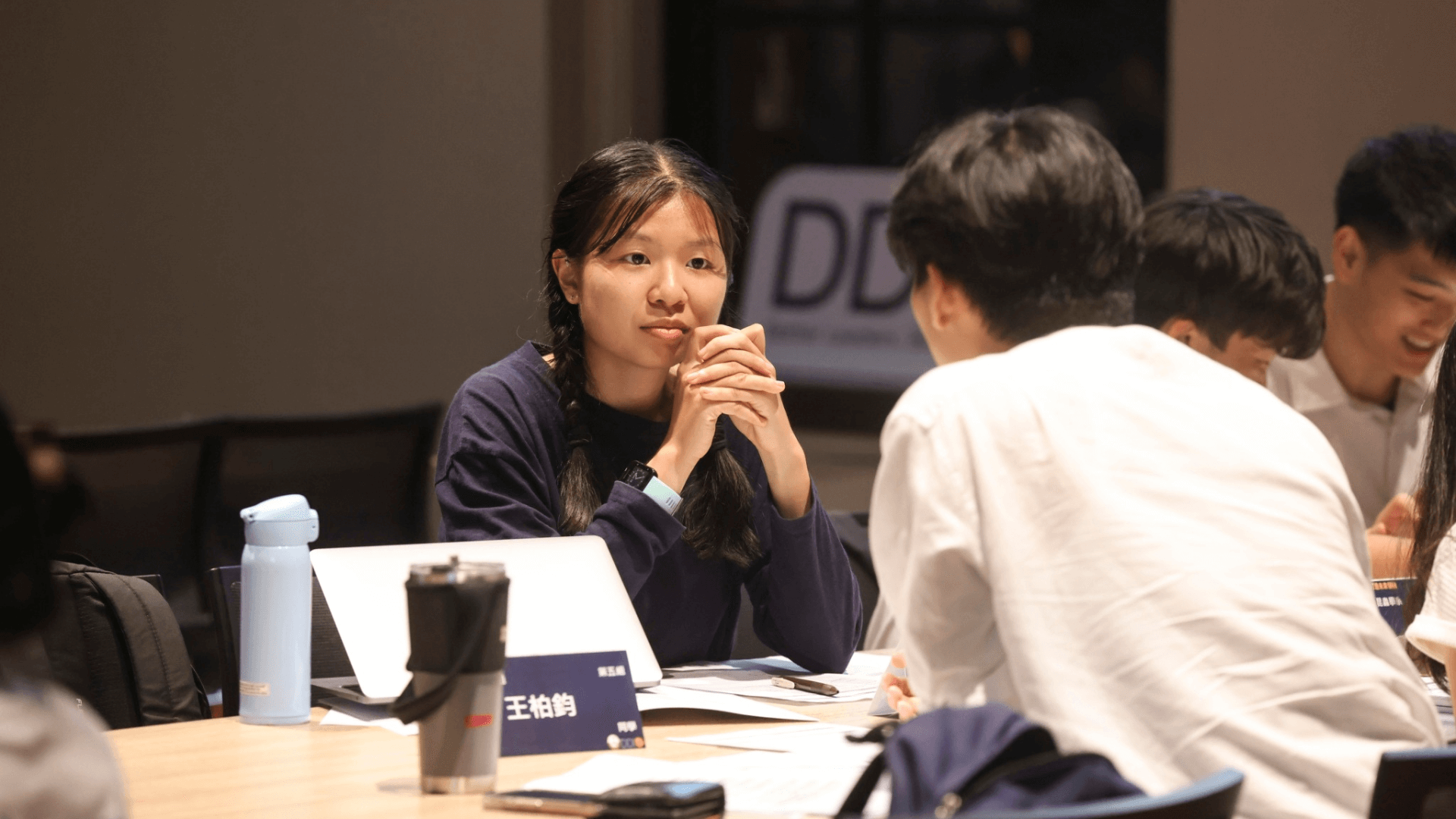
Chelsie
Bachelor
National Taiwan University (NTU) – Department of Psychology
國立臺灣大學 心理學系
My Decision to Study in Taiwan & at NTU
Why did you choose Taiwan for your undergraduate degree instead of staying in Indonesia or going elsewhere?
I’m from Surabaya, Indonesia, it was around the time I was applying to universities that I came across the NTU international admissions website. They were accepting applications, so I submitted mine. Because I applied in the first round, I received my result early, around mid-February. Once I got in, I decided to go to Taiwan. One of the biggest reasons was that I wanted to immerse myself in a Chinese-speaking environment. I had been learning Mandarin, and Taiwan seemed like the right place to continue using it in daily life and academic settings.
There was also the situation with COVID. Back in 2021, many countries were still dealing with travel restrictions, but Taiwan was one of the few places where international students were still allowed to enter. That felt like a rare opportunity. At the time, Taiwan’s pandemic management was also one of the best, so my parents felt reassured that I would be safe going there alone.
Another big factor was independence. I wanted to grow on my own and be fully responsible for my life, like budgeting, navigating a new environment, and managing my schedule. I didn’t think staying in Indonesia, even in another city, would give me the same experience. It would still feel too familiar.
Going abroad opened up so many more opportunities for me. Clubs, resources, free activities, and even part-time work. These are things I wouldn’t have had as easily if I had stayed home.
The Value of a Psychology Degree from NTU
I’ve been interested in human behavior for a long time. Even in middle and high school, I was reading books related to psychology. It became the subject that stood out the most to me. That’s what led me to move forward with it at university.
As for NTU, one thing that stood out was that the psychology department is under the College of Science. That mattered a lot to me. When I looked at the curriculum and structure, I saw that the program leaned toward the scientific and analytical side of psychology. There was more emphasis on theories, research methods, cognitive science, and other topics grounded in data and analysis.
I had always liked science-related subjects in school, especially anything related to the mind and cognition. I wasn’t particularly drawn to plant biology or anything like that, but I was fascinated by the systems that shape how we think and behave. If I had the chance to study something like cognitive neuroscience, I would have considered it. But I knew going too deep into neuroscience would require going all the way to a PhD, and I wasn’t planning to take that route. Choosing NTU meant I could study psychology in a more scientific way while still keeping my options open for different paths in the future.
One thing about psychology, in my opinion, is that it’s both a blessing and a curse. If you don’t know what you want to do with it, you might feel lost, but if you do know, it’s one of the most flexible and valuable degrees you can have. Psychology is about human behavior, and that applies to every industry. Whether it’s technology, education, health, aviation, or marketing, people who understand how humans think and behave are always needed.
For example, our psychology department had previously forwarded internship opportunities for us sent by China Airlines. They are interested in people who can integrate aviation and human psychology. If you have a specific interest, like aviation, as well as an interest in psychology, that puts you in an ideal position for work.
Navigating Academic Life at NTU
Adapting to NTU’s Psychology Program
Before I came to NTU, I already knew what to expect from psychology academically. I had done my research. It wasn’t going to be about MBTI, pop psychology, or just discussions about mental health topics like ADHD or depression. It would be structured, theory-based, and textbook-heavy. There’s a lot of memorization, a lot of reading, and a lot of exams. While there are reports and presentations, the coursework is definitely more exam-focused. What I didn’t expect was how hard it would be to adapt to the system at first.
My program was in Chinese. So in the beginning, I struggled a lot. Most first-year classes were taught entirely in Chinese, and so were the textbooks. In my opinion, the NTU system is designed mainly with local students in mind, so professors try to ease them into academic material by using Chinese in the beginning. But for international students like me, who were still working on our Chinese skills, it was overwhelming. Many things I already understood in English from high school felt completely unfamiliar when I had to relearn them in Chinese. It made me question whether I was reading questions correctly, whether I was missing key ideas.
Later on, from the second year onward, more classes used English textbooks, though lectures were still in Chinese. Professors often used English slides, but would explain them verbally in Mandarin. That meant I still had to study on my own to understand the material fully. Some professors allowed me to write my exams in English or gave me extra time if I requested it in advance. I had to be proactive and ask for help.
Even so, trying to study material that you read in Chinese but explain in English later takes time. Sometimes I could understand a concept, but couldn’t explain it quickly in either language because of the constant translation in my head. It took me a while to find a study strategy that worked. If I read everything in English, it didn’t match what I saw in class. But if I stuck to Chinese, I couldn’t fully grasp all the explanations. A lot of trial and error were involved.


Were there any decisions you had to make during your studies, like choosing electives, research topics, or internships, that really shaped your experience in studying at NTU?
In the beginning, NTU’s course selection system felt complicated. There were core subjects, electives, general education credits, and service learning requirements, and I had to figure out how everything worked. A lot of students were already focused on finding the easiest classes or those with the highest average grades to keep their GPA up. I didn’t have a clear strategy yet, but once I understood how the system worked, I realized there was actually a lot of freedom to shape my experience.
I started taking electives outside of psychology that I enjoy, in areas like nutrition, communication, and health. Since I preferred discussion-based classes over exam-heavy ones, I adjusted my schedule to match the kind of learning environment that worked better for me. If a class seemed interesting and I could engage more deeply, I didn’t mind if it meant getting a lower grade. For me, it was more about what I could take away from the class than the grade I got.
I also took physical education courses almost every semester. Since they’re already included in tuition fees, it felt like a good opportunity to try out different sports and have something active built into my weekly routine. It wasn’t a huge part of my academics, but it was one of the small ways I made university feel more balanced.
I did try joining a research lab in my first year. I went to meetings and talked to professors, but felt that the environment didn’t suit me. A lot of students in labs seemed overwhelmed and exhausted in my eyes. I didn’t feel ready to go along that path, especially if I wasn’t excited about it. Eventually, I decided to step away from lab work and focus on other things. That helped me feel more certain about what direction I didn’t want to take.
Through NTU’s International Mentorship Program, I was able to intern twice in the summer. My first internship was with a Taiwanese startup MetHer, where I worked on social media content. The work itself was simple, but it gave me a chance to observe local workplace culture and improve my communication in Chinese. My second internship was at RT-Mart as a Buyer Intern in the Import Team. I had more independence there and was assigned to a project that involved researching Southeast Asian products with market potential for Taiwanese Buyers. That experience gave me a sense of what working in a large company might feel like.
Even though the internships weren’t directly tied to psychology, they helped me build professional skills and understand the kinds of environments I’m comfortable in. They also helped reinforce my interest in applied work rather than research. Looking back, I think the combination of classes, internships, and knowing when something wasn’t a good fit all shaped the way I approached the rest of my time at NTU.
Extracurricular Activities in Taipei
What was a typical day like for you at NTU, outside of class?
That really depends on which year you asked me about. First-year me would have said I spent most of my time outside of class just trying to survive, like catching up on assignments, figuring out time management, and generally adjusting to university life. I often found myself procrastinating without realizing it, like spending too much time on my phone or falling into random internet rabbit holes. I didn’t feel productive, and I struggled to build a routine that worked. That made me even more determined to make changes the following year. I had fun occasionally, but I was mostly overwhelmed. It was a year of figuring things out.
By the second year, my routine had completely changed. Weekdays were packed. I’d go to class in the morning or afternoon, sometimes head to work after, and then spend the evening either joining activities, helping host events, attending meetings, or just catching up with friends over dinner. If I didn’t have anything scheduled, I’d use that time to catch up on assignments or prepare for upcoming tasks. I was very conscious about managing my time.
Weekends were just as busy. I usually had one full day filled with activities from morning to night, and one “day off,” which wasn’t really a day off. That day was for cleaning my dorm, doing laundry, and trying to catch up on assignments. That was my rhythm for much of my second year.


A Typical Day: From Overwhelmed to Engaged
In my first year, I didn’t do much beyond academics as I was still adapting. But after reflecting on that experience, I knew I wanted my second year to be more active and intentional. I started looking for ways to get involved. I wanted to gain work experience, manage my own finances, and meet more people. I also felt that if I was going to spend my four years in Taiwan, I should make the most of it by really engaging with student life and local communities. Joining clubs seemed like one of the best ways to immerse myself in the environment, understand Taiwanese student culture, and connect with local students in a more meaningful way.
I’ve always been someone who gets excited by new things. If something looks interesting, I want to try it. That’s partly why I ended up saying yes to so many different activities. It wasn’t necessarily about having a clear end goal at the time. I just knew I wanted to try more and learn through doing.
I originally planned to balance one part-time job with three different clubs. I joined the basketball club, served as a committee member in the psychology student association’s academic department, and joined Tzuching club, where I eventually became part of the committee.
Then, something unexpected happened. In Tzuching, the current club president at the time found out that, according to the organization’s rules, a new president had to be selected each year. Since I was one of the active members, they asked if I’d be willing to take on the role. Although I didn’t have much experience, they encouraged me to try and grow from that experience. At first, I was hesitant. I already had a packed schedule and wasn’t sure if I could handle it. But after thinking it through, I said yes. I saw it as an opportunity I wouldn’t easily get again.
Even though the original plan was that I’d just take the role in name, I didn’t want to treat it that way. If I were going to be the president, I wanted to actually do my part. So I took it seriously and did my best, even if it made my schedule more intense.


How Club Leadership Shaped My Career Path
Yes, my club experience affected a lot of the decisions I made later on,
Academically, it made me more interested in engaging with social issues. Studying psychology, especially in the beginning, felt very disconnected from what was happening in the real world. But when I started joining volunteer-related clubs, I had more chances to directly interact with people and be exposed to real societal problems. That really shifted my perspective. I still liked studying human behavior, but I became more interested in how to actually influence that behavior, especially in real-life situations. I discovered that I enjoyed being around people, talking to them, and making an impact through direct engagement.
Career-wise, leading a club gave me something I would’ve never expected: a small opportunity or simulation of what it’s like to manage an organization. That experience made me realize I enjoy challenge, uncertainty, and the feeling of building something from the ground up. I liked the freedom and responsibility that came with it. That’s when I first thought: maybe I’d want to start something of my own in the future. Maybe a business, or a project with impact.
Also, during my second internship, I experienced what it was like to be in a more typical white-collar job, like sitting at a desk, working behind a computer all day. It wasn’t bad, but it made me realize that I don’t want to be in that kind of environment long-term. I want to be doing something that keeps me learning and moving forward. That combination of experiences of club leadership and internship helped shape how I see my future direction.
At the same time, joining clubs reminded me of something I’ve always cared about: helping others. That’s a value I’ve had since I was a kid. Through club events, I was reminded that no matter what kind of work I end up doing, I want it to help people in some way. I hope to eventually work on something meaningful and sustainable, and I believe that taking initiative and building something myself might be one of the most direct ways to do that.
Future Plans & Lessons Learned
Returning to Indonesia: A Strategic Career Move
I’m planning to return to Indonesia to gain work experience, with two main goals in mind:
- To make use of my trilingual skills, especially to maintain my Chinese proficiency, by applying for jobs in international companies.
- To better understand Indonesia’s current economic trends and build local connections and opportunities.
For me, going back to Indonesia actually feels like a challenge. After spending several years abroad, I feel a bit disconnected from what Indonesia is like today. In some ways, I’ve grown unfamiliar with my own country. I asked my parents whether I should apply for jobs before returning, but they told me to just come back first and look around afterward. Still, I sent out one application out of curiosity, and surprisingly, I got the job. So I’ll be starting work as soon as I get back.
My reason for returning now is also tied to the future. 2030 is expected to be Indonesia’s golden period, and I want to make the most of it. I want to invest my time in learning about the country’s economic and business environment firsthand. If I want to make big money in the long run, I believe the biggest opportunities will be in my home country, especially with how fast things are growing.
Why I Never Regretted My Decision
No, I never regret it. There are times when I am struggling with my path, but I never question my choices, even if there are unpleasant experiences along the way. Because they were all choices I made. I think I would always try to focus on solving the problem and looking ahead when I struggle.
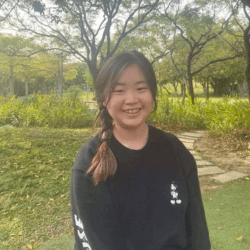
Asia Stella Wijaya (Indonesia)
- 2025 NTU International Mentorship Program
- National Taiwan University (NTU) – Department of Mechanical Engineering
除了號召年輕的新生代讓臺灣學子看見世界以外,我們也邀請來自日本、韓國、馬來西亞、泰國、印尼等多國在臺留學生加入團隊,藉由他們的聲音以及經驗讓世界看見臺灣。

